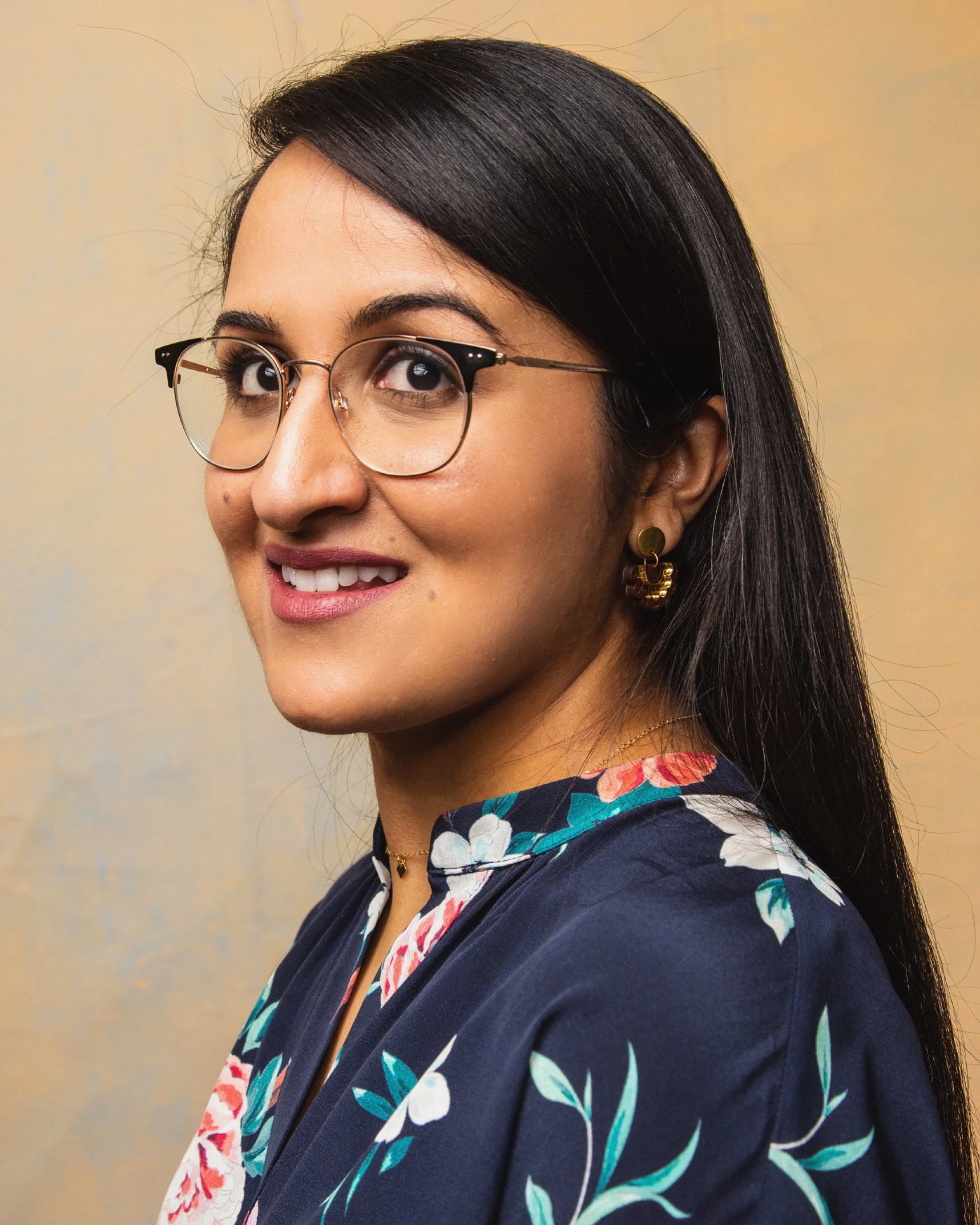Contact Manpreet
Manpreet Kaur Kalra
Manpreet Kaur Kalra (she/her) is a social impact + equity advisor, anti-racism educator, writer, and podcaster working to decolonize storytelling. Her work focuses on the interconnectivity of economic, social, and climate justice within sustainable international development initiatives. She collaborates with impact-driven organizations to co-create solutions that promote equitable, anti-racist and innovative work environments by rethinking how businesses approach and communicate impact through storytelling.
Having worked in venture capital and startups, Manpreet founded Art of Citizenry to support impact-driven brands prioritizing people and the planet. She collaborates with businesses to address inclusion in all aspects, from business development to marketing strategy. She educates using a variety of mediums, including the Art of Citizenry Podcast, where she shares her nuanced and unfiltered insights on building a more just and equitable future. Her work unpacks history and addresses systemic power structures.
As a highly acclaimed speaker, Manpreet has led workshops, lectured at universities, and delivered keynotes at universities and organizations around the world including Cornell University, University of Southern California Global Policy Institute, University of Arts London, and the World Fair Trade Organization. Her powerful talks range from Ethical Storytelling to Anti-racism in Global Development. With a passion for creative storytelling as a tool for social change, she created a photo and poetry series called Artisans of Punjab that explores the trauma of Partition through the evolution of Phulkari textiles. She is also a contributing author on ethical storytelling in The Fashion Designer Survival Guide (3rd Edition, 2021).
Featured in Forbes, she co-founded Reclaim Collaborative, an online community dedicated to fostering justice and equity across the sustainable fashion and lifestyle ecosystem (bought by tonle). She also provides pro bono consulting and mentorship to impact-driven businesses around the globe as a Nest Professional Fellow. She is a founding member of the Fair Trade Federation’s Justice, Equity, Diversity, and Inclusion (JEDI) Committee. She has also served as the Chief Impact and Communications Officer at MINNA Goods and sat on the board of the New York City Fair Trade Coalition and Dasvandh Network.
Hailing from the heart of Silicon Valley, Manpreet currently resides in Seattle. She studied at Boston University College of Communication, where she founded Kaurista, the first online lifestyle magazine that provided Sikh women with a platform to feel represented and heard.
As the granddaughter of refugees displaced during the partition of Punjab in the 1940s and the daughter of immigrants who survived the 1984 Sikh Genocide, Manpreet speaks to the complexity of identity and generational trauma through her work. While studying at BU, she dedicated her academic interests around further uncovering the deep-seated history of genocide and its impact on economic development.
Manpreet is currently pursuing a Masters of Jurisprudence with a focus on Sustainable International Development at the University of Washington School of Law.
Her organizing work and fearless leadership has always focused on creating safe spaces for underrepresented communities to thrive. Manpreet seeks to make the world a little more equitable every day.
my journey with impact —
A few years ago, I started my own sustainable venture. I traveled to learn about global supply chains on the ground and the breakpoints that allow larger brands to produce at such low costs. In the process, I discovered how the voice of those part of the global majority is lost in sustainability and set out to address power dynamics in social entrepreneurship. This led me to start my own consulting firm, Art of Citizenry, working with clients globally in impact consulting through a marketing lens. I focus on incorporating cultural humility in brand narratives. I am particularly interested in how businesses in the Global North communicate impact about their work with producer groups in the Global South.

